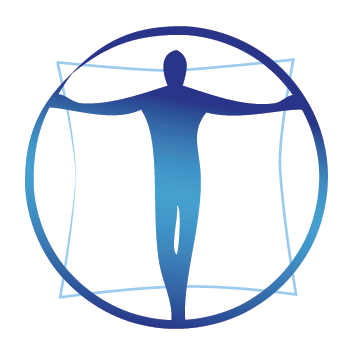
Dawn’s Early Light
 One of my favorite things about backpacking is the way your body shifts over time to fall in line with natural cycles of dark and light. There’s nothing like snuggling sleepily into your sleeping bag at 8pm (which somehow feels like midnight) and waking up in time to watch the first golden pink blush of dawn diffusing across the high country peaks.
One of my favorite things about backpacking is the way your body shifts over time to fall in line with natural cycles of dark and light. There’s nothing like snuggling sleepily into your sleeping bag at 8pm (which somehow feels like midnight) and waking up in time to watch the first golden pink blush of dawn diffusing across the high country peaks.
I’ve always wondered: why do we fall asleep so soon after sunset and wake so much earlier when we are out in nature?
It turns out that this has been the subject of a lot of scientific research. The answer is rooted in our biology: Cycles of light and dark have governed metabolic cycles of activity and rest since the first intrepid little bacteria ventured forth in our sweeping oceans. Sunlight provided a source of energy for their activity, while they used the period of dark as a time to rest and repair. Even as life grew more complex, it retained this basic “circadian rhythm”.
Around 400,000 (or possibly more) years ago our ancestors started their friendship with fire and began to share the night with its comforting red glow. Nowadays, gathering around the campfire has been replaced by gathering around the TV, iPhone or computer. But the glowing blue light of the various screens in our lives have an entirely different effect on us than the warm red spectrum light of our old friend fire.
 The production of several key hormones is tied to our amount and type of light exposure. Red spectrum light does little to disrupt our biological rhythms. Unfortunately, bluish light can really throw a wrench into our hormonal balance.
The production of several key hormones is tied to our amount and type of light exposure. Red spectrum light does little to disrupt our biological rhythms. Unfortunately, bluish light can really throw a wrench into our hormonal balance.
Cortisol is normally produced first thing in the morning to help crank up our insulin and blood sugar and wake us up. As we go through our day, it slowly tapers off and we begin to wind down. As night falls and the world around us darkens, our bodies respond by producing melatonin- a natural brain antioxidant, and a very important signal for our body to go to sleep and repair.
Melatonin production can be cut short rather abruptly with exposure to bright lighting- especially in the blue spectrum. Strong blue light exposure only occurs in nature around noon. So every time we stare at a brilliant screen after dark, the glowing blue light shining into the back of your retinas from your TV, computer or cell phone is telling your body that it is midday. This signals your body to stop producing deep sleep inducing melatonin and instead switch over to cranking out wakeful cortisol.
“But I fall asleep just fine to the TV!” you protest. It’s not just the amount of sleep, but the quality. If your body doesn’t produce enough melatonin, then you may fall asleep, but you will not sleep as deeply, not reach the more restorative stages of sleep. You will also rob yourself of the production of healing (and youth prolonging) human growth hormone. Lack of truly deep sleep can also compromise your immune system, insulin and blood sugar regulation – and that can take your weight and your other hormones (like estrogen and testosterone) on a roller coaster ride.
Even if we don’t want to live like we are backpacking all the time, we can take some key lessons about how to manage our biology better from backcountry trips. You can mimic our old friend fire to light up your nights- use low warm reddish light at night; either from a fireplace or at least dimmer amber colored bulbs.
Stop exposing yourself to blue light from your devices/TV at least a couple hours before you go to sleep. Apple has included a new feature “night shift” that shifts the color spectrum of the display to a warm red spectrum (make sure to choose the most warm setting and enable it automatically from sunset to sunrise).
And remember to get exposure to the early morning sun to help reset your clock to your local morning. Getting reconnected with nature’s rhythms can be an amazingly useful tool to help us manage our own health.




